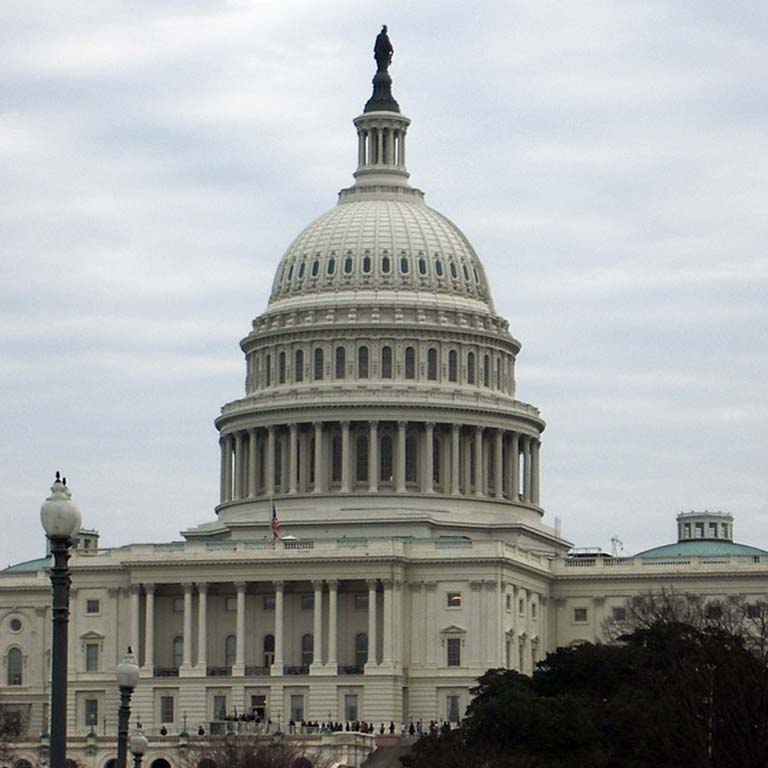Indiana University's Janet McCabe, a professor of practice at the McKinney School of Law, and Eduardo Brondízio, a distinguished professor of anthropology and director of CASEL, will testify before congressional subcommittees May 21 and 22. Both McCabe and Brondízio are affiliated with the Environmental Resilience Institute, founded as part of IU's Prepared for Environmental Change Grand Challenge initiative.


McCabe, assistant director of policy and implementation at the Environmental Resilience Institute and a former assistant administrator with the U.S. Environmental Protection Agency, will testify at 10 a.m. May 21 during a hearing of the House Committee on Energy and Commerce's Oversight and Investigations Subcommittee titled "Undermining Mercury Protections: EPA Endangers Human Health and the Environment." The hearing will be livestreamed.
"If the EPA finalizes a rule that minimizes or eliminates altogether consideration of co-benefits on the health benefits side of the balance sheet, we can reasonably expect to see this approach in every EPA rule going forward," McCabe said in prepared testimony to the subcommittee. The term "co-benefits" in McCabe's statement refers to the public health benefits created by decreased pollution as a byproduct of mercury reduction policy targeted under the EPA's Mercury and Toxic Air Standards.

Brondízio is co-chair of the Global Assessment Report on Biodiversity and Ecosystem Services, an international report on biodiversity that has found that 1 million plant and animal species are at risk of extinction, among other key findings. He will testify at 10 a.m. May 22 -- the International Day for Biological Diversity -- during a hearing of the U.S. House of Representatives Committee on Natural Resources' Subcommittee on Water, Oceans and Wildlife titled "Responding to the Global Assessment Report of the Intergovernmental Science-Policy Platform on Biodiversity and Ecosystem Services." The hearing will be livestreamed.
"The Global Assessment on Biodiversity and Ecosystem Services is the most comprehensive synthesis ever done on the scale of human impact on nature during the last 50 years, societal responses and possible future trajectories," Brondízio said. "It's the first time we have looked together at the interconnections and interdependencies of societal values, economic development pathways, changes in nature and biodiversity, and climate change. It provides a sobering reflection on the critical situation of the global environment and its implications for society, and possible pathways going forward."
About Prepared for Environmental Change
The Indiana University Prepared for Environmental Change Grand initiative brings together a broad, bipartisan coalition of government, business, nonprofit and community leaders to help Indiana better prepare for the challenges that environmental changes bring to our economy, health and livelihood. Announced in May 2017, Prepared for Environmental Change is working to deliver tailored and actionable solutions to communities across the state of Indiana.
This article is republished from Indiana University's News at IU Bloomington Law and Policy.

